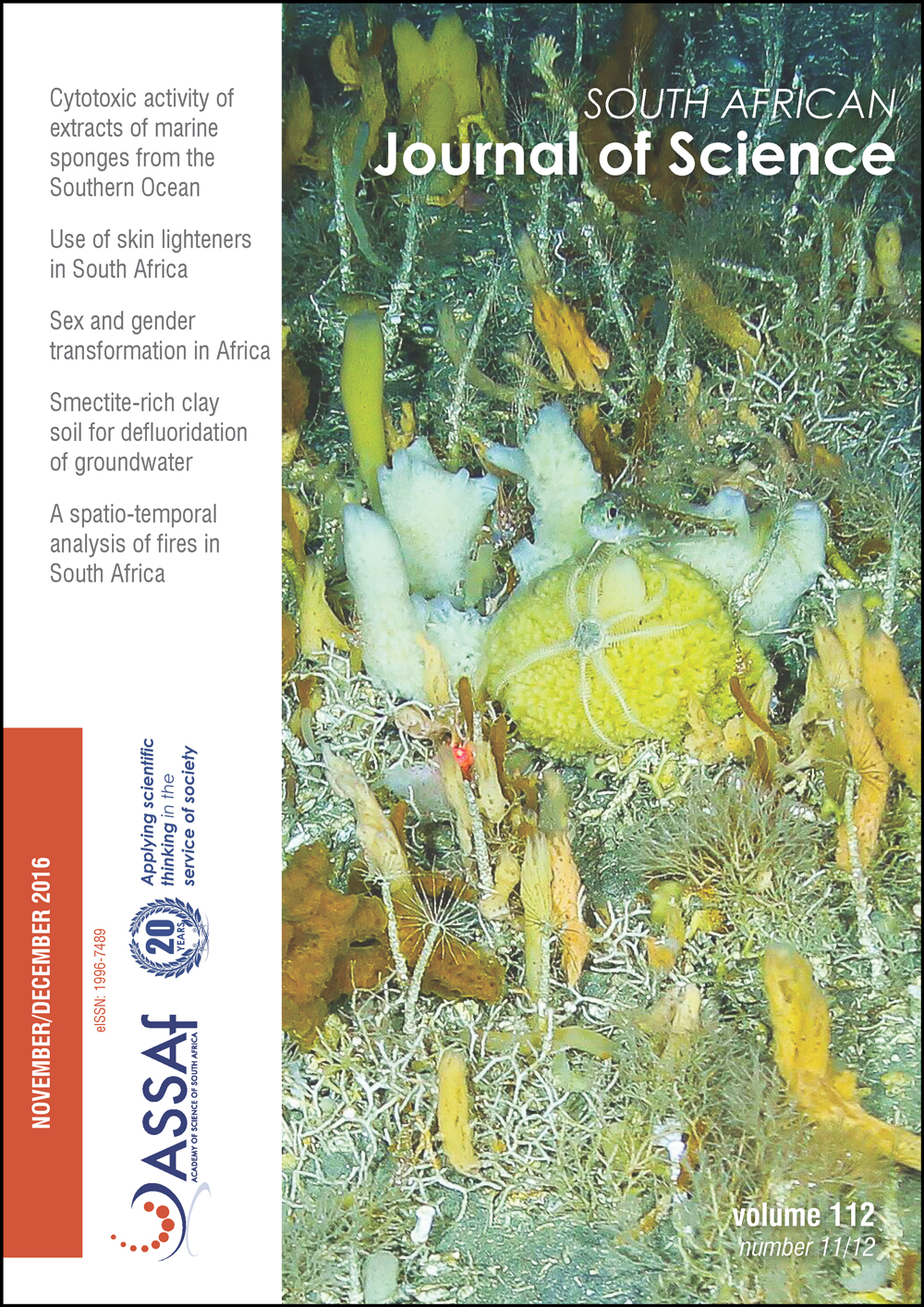Formulating tasks to develop HOTS for first-year calculus based on Brookhart abilities
DOI:
https://doi.org/10.17159/sajs.2016/20160139Keywords:
outcomes, tasks, higher-order thinking skills, university performanceAbstract
We describe an approach to develop higher-order thinking skills (HOTS) among first-year calculus students. The ideas formulated by Brookhart to develop HOTS were used to identify from the literature three core abilities that should be targeted. Then eight expected learning outcomes for the development of HOTS were documented, in the context of the study of first-year university calculus. Those expected outcomes were used to formulate sample tasks that were designed to target the development of the eight abilities. A pilot study was done to determine whether the tasks had the high mathematical demand envisaged. It was found that about 37% of the participants did not give any response to the tasks. Further it was found that about 31% of the participants were able to critically evaluate a given possible solution to a problem and make a value judgement. It is recommended that to promote HOTS among students, the formulation of tasks should focus on developing the following abilities: interpreting a general definition or statement in the context of a given model; translating a worded or graphically represented situation to relevant mathematical formalisms; identifying possible applications of mathematics in their surroundings; identifying linkages between groups of concepts and interpreting these linkages in the context of a model; working systematically through cases in an exhaustive way; critically evaluating one’s and others’ presented solutions to a problem; interpreting and extending solutions of problems; and using with reasonable skill available tools for mathematical exploration.
Significance:- A large proportion of the student intake at university level is unable to answer mathematics questions that focus on HOTS. There is therefore a need to deliberately focus on and promote HOTS amongst the average students in the context of calculus.
Downloads
Published
Issue
Section
License

All articles are published under a Creative Commons Attribution 4.0 International Licence
Copyright is retained by the authors. Readers are welcome to reproduce, share and adapt the content without permission provided the source is attributed.
Disclaimer: The publisher and editors accept no responsibility for statements made by the authors
How to Cite
- Abstract 523
- PDF 1000
- EPUB 215
- XML 234
- Supplementary Material 253












.png)